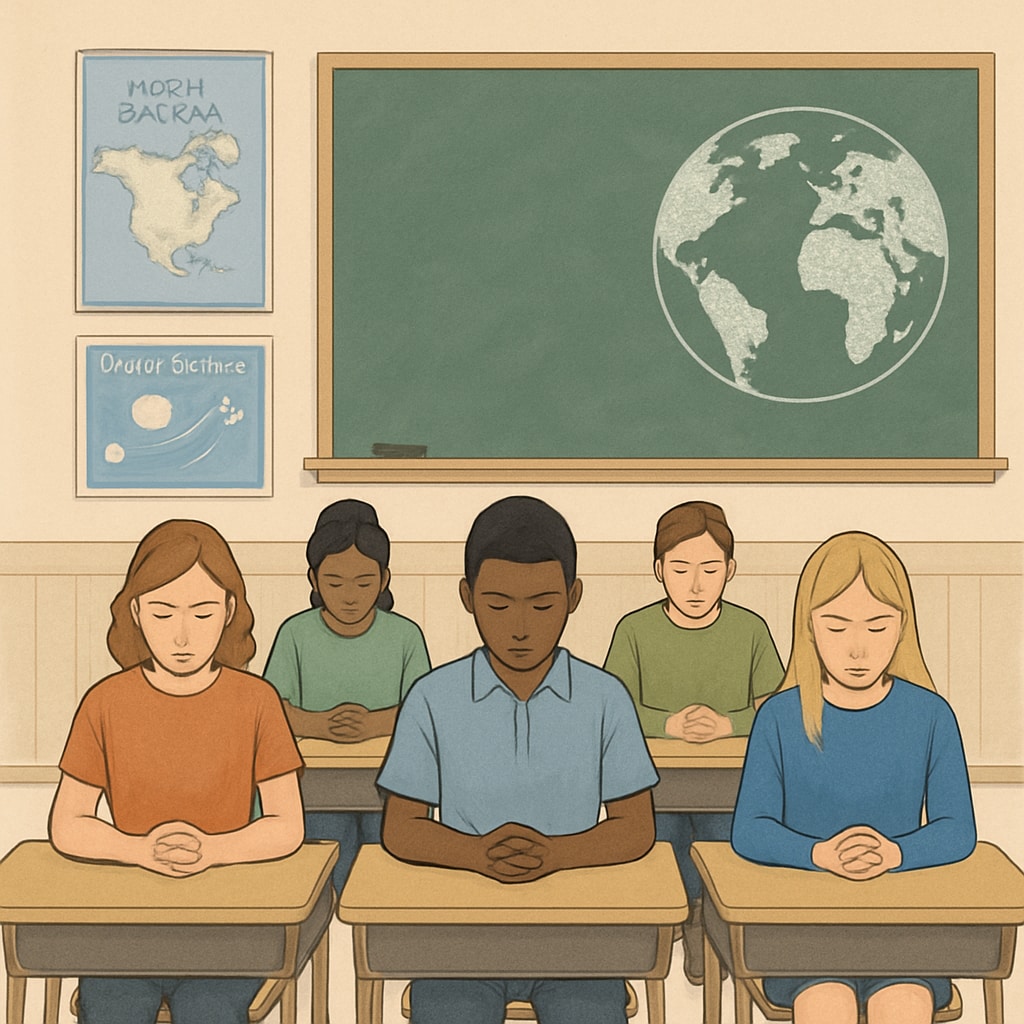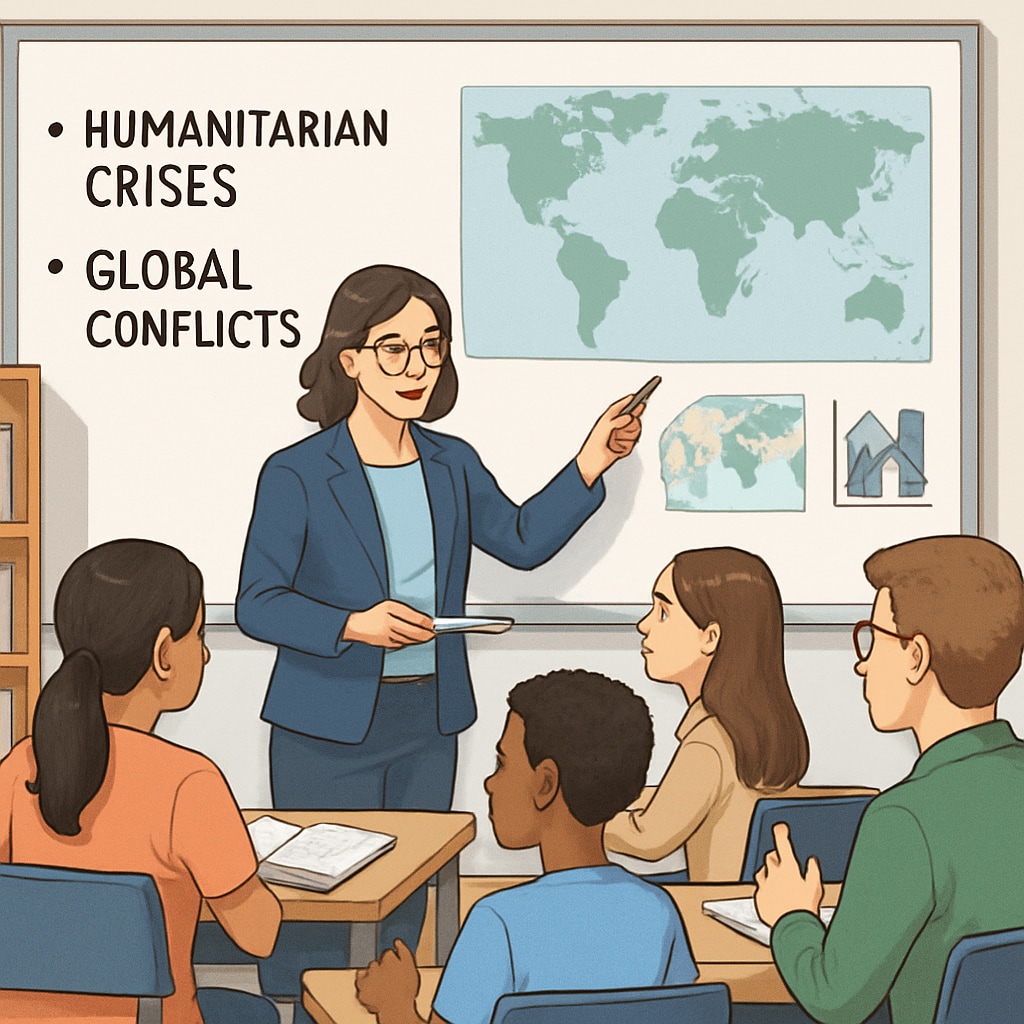The decision of several K12 schools to broaden a Gaza-specific moment of silence into a generalized mourning for “global war victims” has sparked heated debate. This shift, often seen as a form of political avoidance, raises questions about its educational implications and the responsibility of schools to foster political awareness among students. While the intent may be to avoid controversy, this approach risks diluting the significance of specific crises and their historical context.

The Political Avoidance in Educational Institutions
Schools often find themselves in challenging positions when addressing politically sensitive topics. The decision to shift the focus from a specific issue, such as the Gaza conflict, to a broader, less contentious theme like global war victims, reflects a desire to maintain neutrality. However, this neutrality can come at a cost. By avoiding the specifics of the Gaza crisis, educators may inadvertently deny students the opportunity to engage with critical historical and sociopolitical realities.
For example, understanding the complexities of the Gaza conflict requires discussion of its historical roots, geopolitical ramifications, and human impact. Generalizing the moment of silence removes these essential elements, leaving students with a vague sense of tragedy rather than a deeper comprehension of the world around them. According to the concept of political avoidance, such actions often stem from fear of backlash or accusations of bias, but they risk undermining educational integrity.
Impact on Students’ Political Awareness
One of the primary objectives of education is to prepare students to become informed and active citizens. Avoiding specific issues like the Gaza conflict in favor of generic themes may hinder this goal. Students are less likely to develop critical thinking skills if they are shielded from controversial topics. Instead of fostering a safe environment for dialogue, this approach may create a culture of silence and passivity.
Furthermore, framing all war victims under the same umbrella can unintentionally perpetuate the idea that all conflicts are similar in nature and scope. This oversimplification does a disservice to the unique historical, cultural, and political contexts of individual crises. For example, the Gaza conflict involves specific geopolitical dynamics that differ significantly from other global conflicts. Without this context, students may struggle to understand the nuances of international relations.
The Role of Educators in Crisis Education
Educators play a crucial role in guiding students through complex and sensitive topics. While it is understandable that schools aim to avoid controversy, they must also recognize their responsibility to provide honest and comprehensive education. This includes addressing crises like the Gaza conflict with courage and integrity.
One potential solution is to frame discussions around universally accepted principles, such as human rights and the humanitarian impact of war. By exploring these themes in the context of specific events, educators can provide students with a balanced perspective that encourages empathy and critical analysis without appearing overtly partisan. As noted by the Encyclopedia Britannica’s entry on education, fostering intellectual curiosity and moral responsibility are key components of effective teaching.

Conclusion: Striking a Balance Between Neutrality and Engagement
The debate over broadening Gaza-specific moments of silence to encompass all global war victims highlights the tension between political avoidance and meaningful education. While the intent to avoid controversy is understandable, it is essential for schools to balance neutrality with the need for honest and courageous engagement with complex issues. By doing so, they can better prepare students to navigate a world fraught with political and ethical challenges.
Ultimately, educators must recognize that avoiding controversy does not equate to fostering harmony. Instead, they should strive to create spaces where students can explore, question, and understand the complexities of global issues, including the Gaza conflict. Only through such an approach can education fulfill its role in cultivating informed and empathetic citizens.
Readability guidance: Throughout the article, short paragraphs and clear transitions are used to enhance readability. Key points are summarized under subheadings, and external sources are cited to provide additional context and credibility. Passive voice is minimized, and active engagement with the topic is prioritized.


